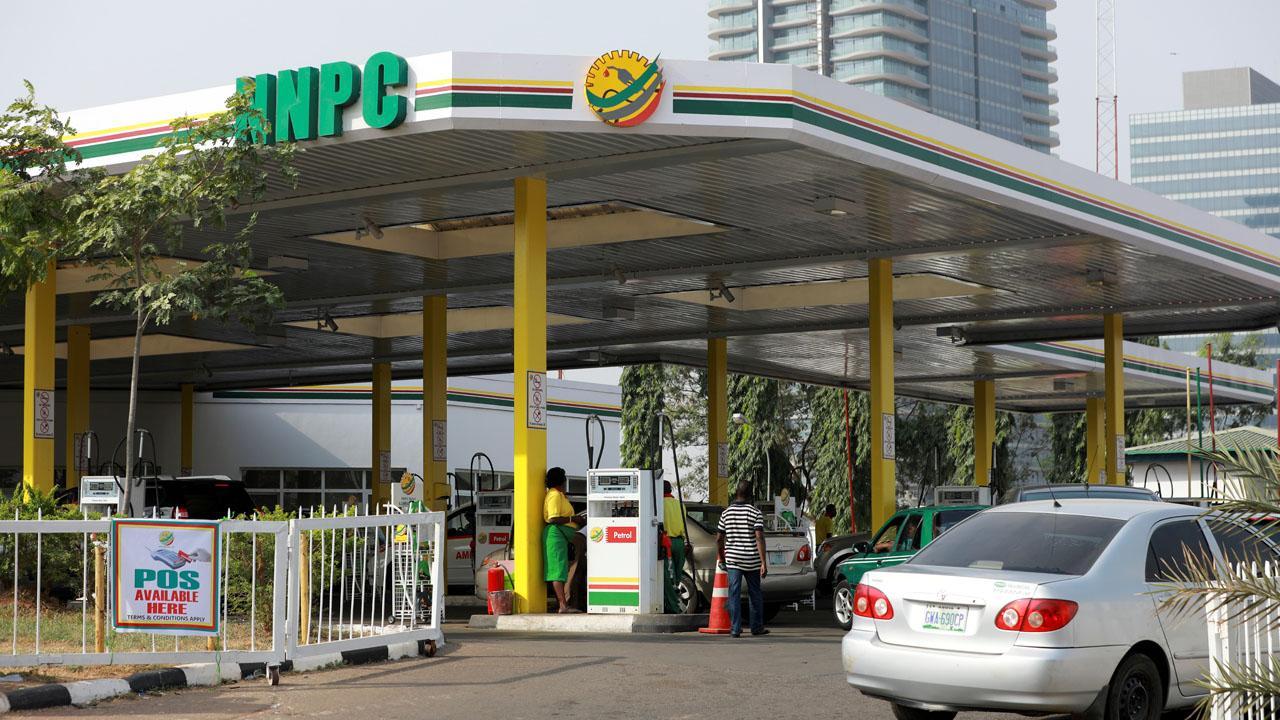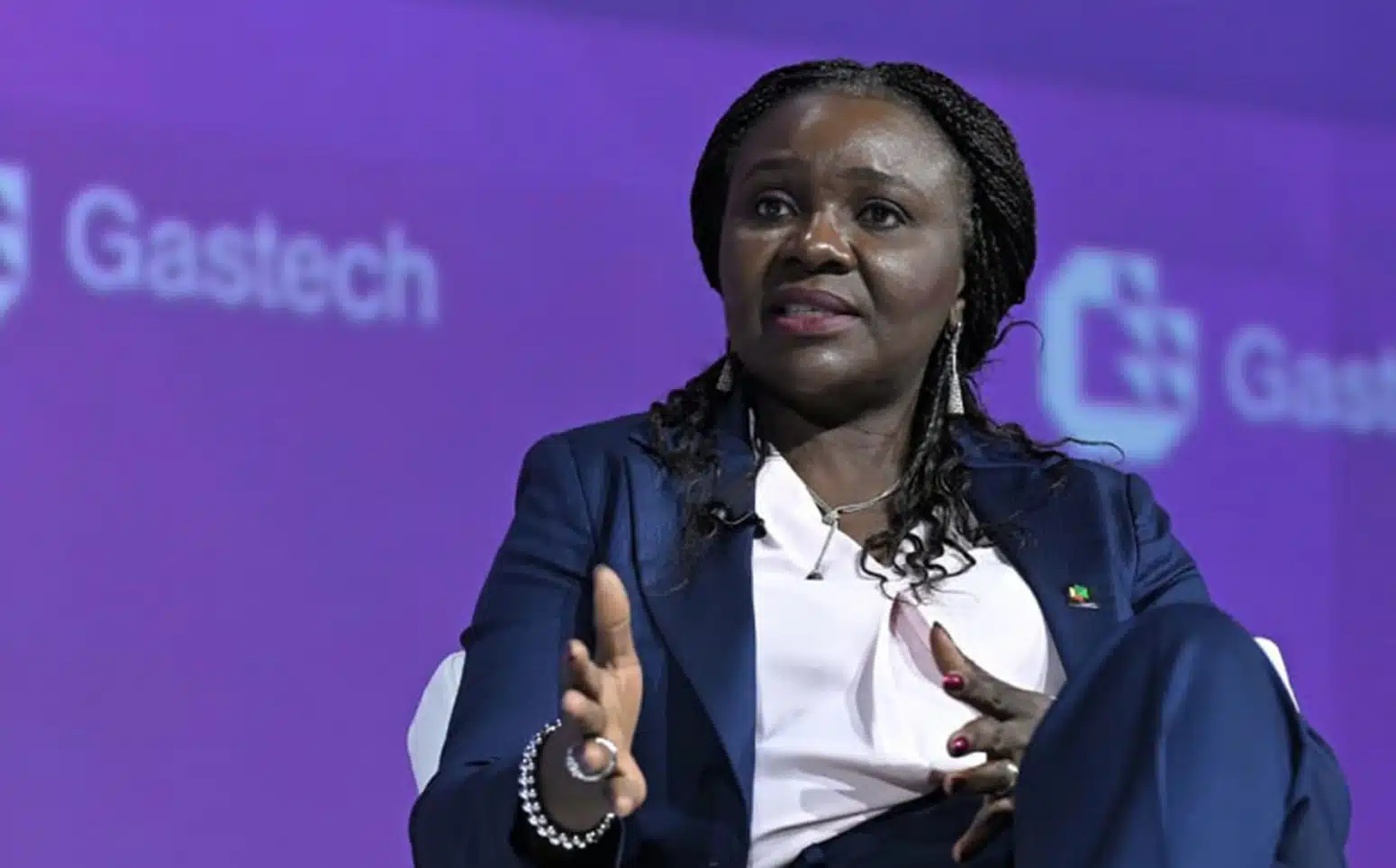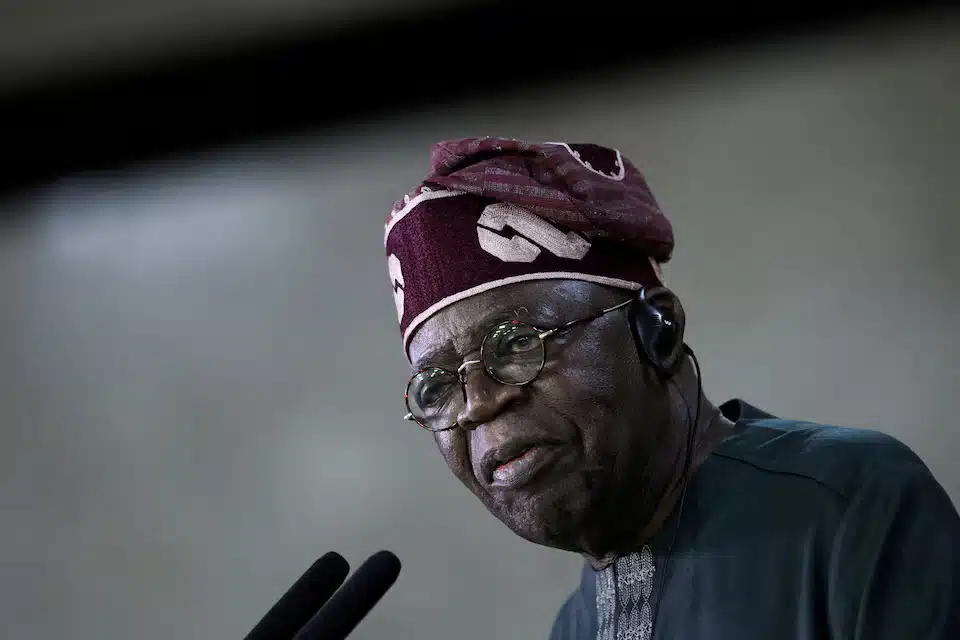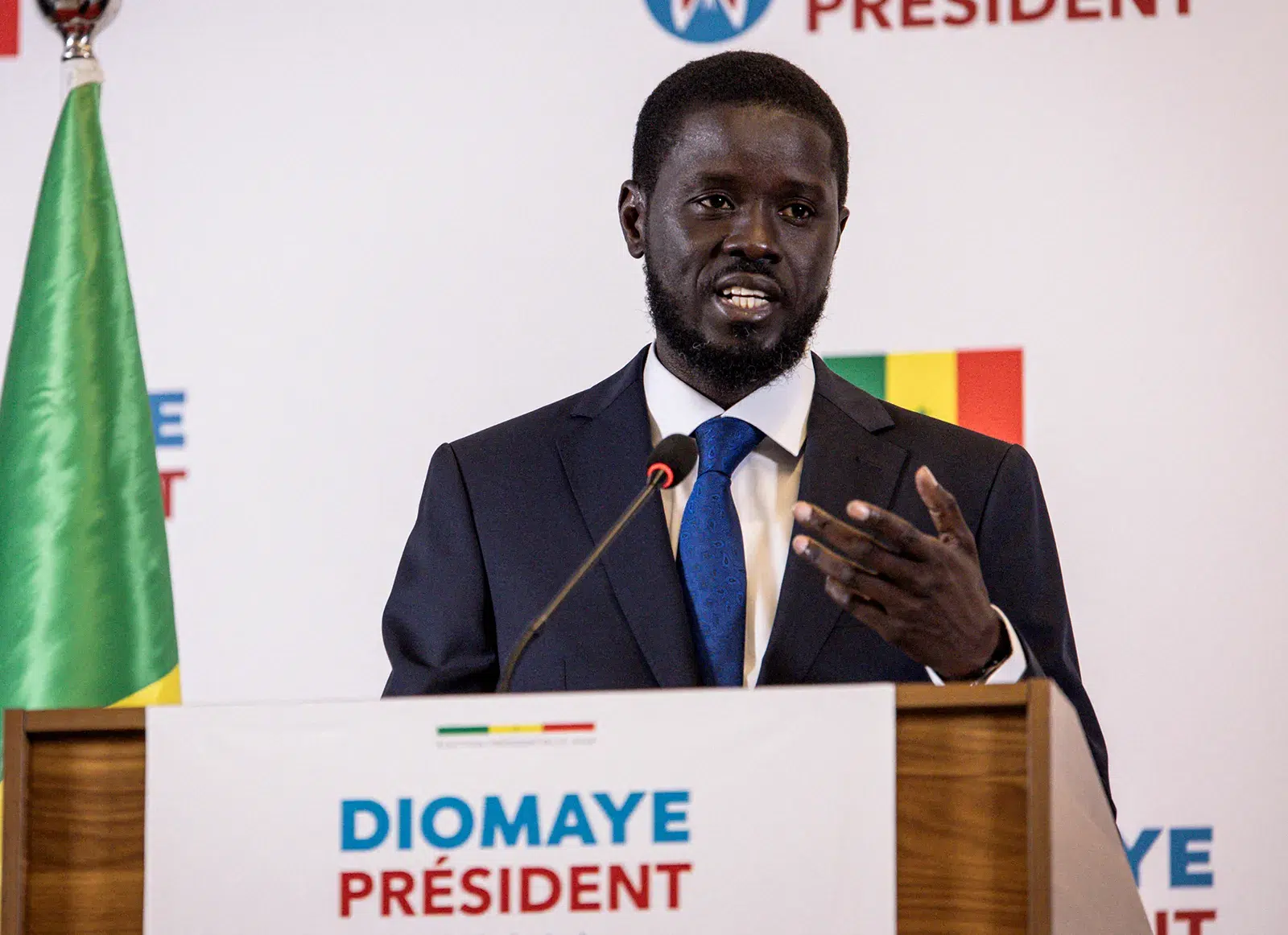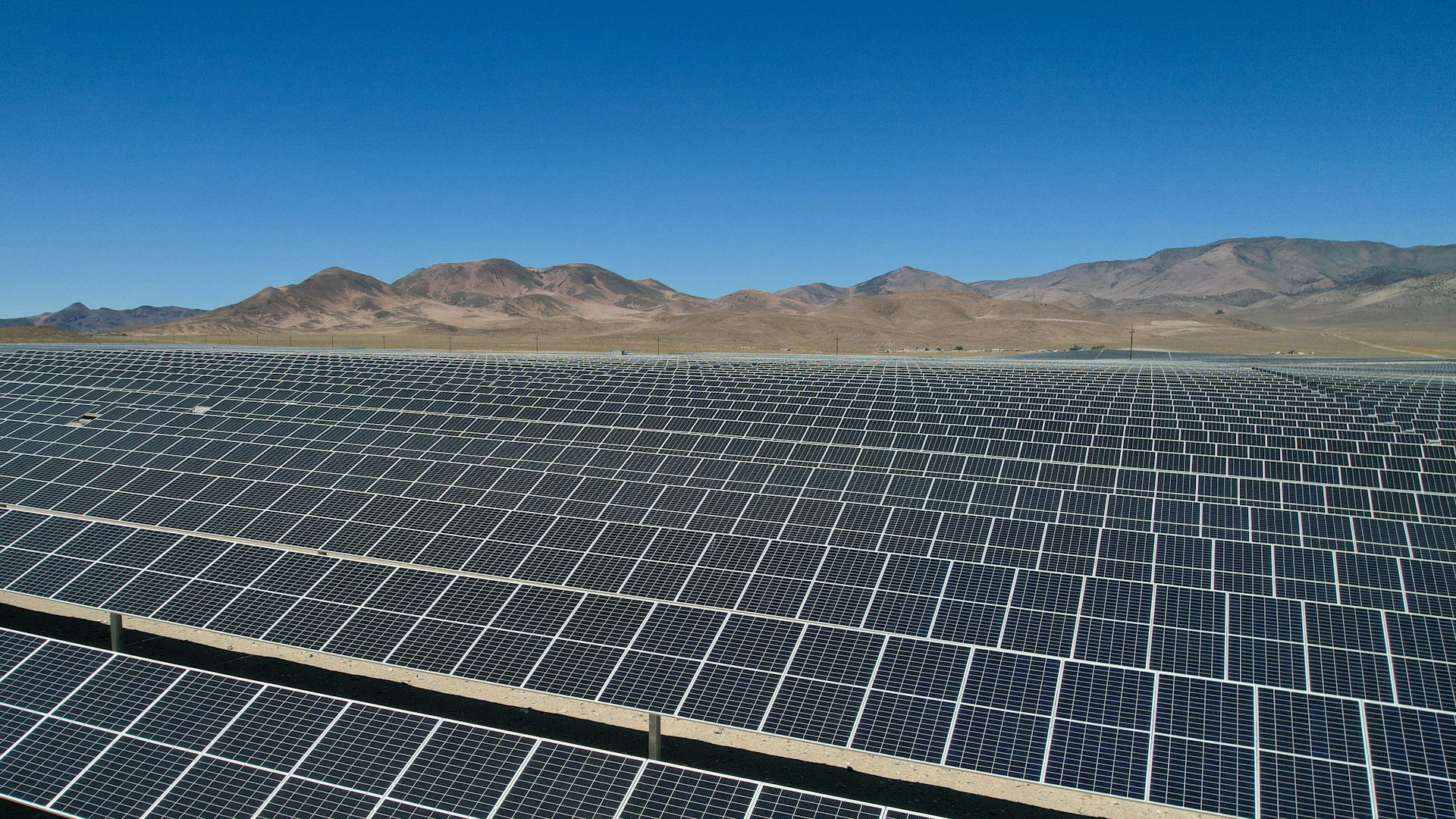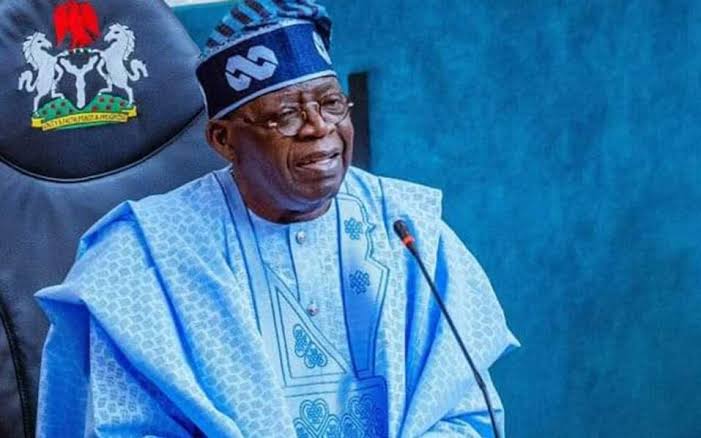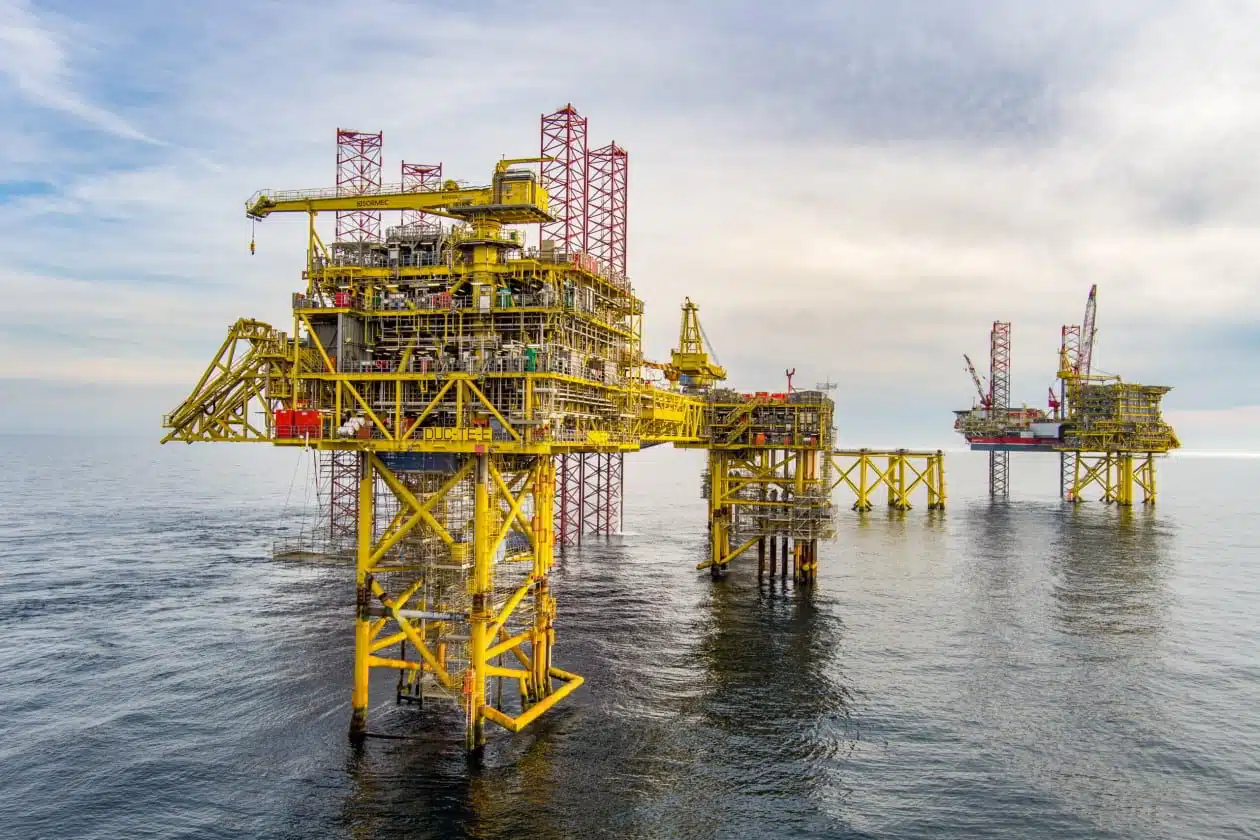The planned 15% import levy on petrol and diesel in Nigeria, recently approved by President Bola Tinubu to encourage domestic refining, has only been deferred to the first quarter of 2026—not cancelled.
This was disclosed in a letter dated November 7, addressed to the President’s office by the Federal Inland Revenue Service (FIRS).
Zacch Adedeji, chairman of FIRS, requested that the implementation of the duty be postponed to allow “a prudent window” to monitor the performance of local refineries in the first quarter of 2026 and to enable his agency to complete public communication frameworks.
President Tinubu had approved the controversial 15% ad-valorem import duty on petrol and diesel – two of Nigeria’s most used liquid fuels – in October.
The measure, proposed by the FIRS, was designed to align import costs with local refining realities, encourage investment in domestic refineries, and create a fairer downstream market.
“Pursuant to the above approval, and in line with Your Excellency’s directive that all fiscal and market interventions must be reflective of the administration’s drive for efficiency and balance, a series of consultative meetings were held with critical stakeholders to review implementation timelines and operational readiness,” the letter read.
“Sequel to these engagements, and following a thorough assessment of market conditions and the agreed strategic implementation roadmap, it was collectively determined that is necessary to allow for a smoother and more efficient rollout.”
Why is the import levy suspended?
On Thursday, November 13, 2025, the Nigerian Midstream and Downstream Petroleum Regulatory Authority (NMDPRA) announced the suspension of the planned 15% import duty on petrol and diesel.
In a statement signed by its Director of Public Affairs, George Ene-Ita, the agency clarified that the levy is “no longer in view” for now.
The suspension, it explained, was necessary to prevent a sharp rise in fuel prices that could worsen inflation and place additional strain on households and businesses.
Officials emphasized that Nigeria currently enjoys a stable domestic supply of petroleum products, sourced from both local refineries and imports, ensuring market balance.
Meanwhile, the Federal Inland Revenue Service (FIRS) has formally requested that the president defer the commencement of the tariff until January 2026.
What does this deferment mean for Nigerians?
The suspension means the tax could be reintroduced later, depending on economic conditions and refinery output.
By halting the duty, the government aims to keep pump prices steady and avoid fresh fuel price hikes and inflationary pressures, especially during this festive season.
Marketers have been urged not to exploit the suspension by creating artificial scarcity or unjustified price increases.
Also, the Dangote refinery issued a statement earlier this month assuring Nigerians of a fuel-scarcity-free festive period.
However, the original intent of the duty—to support local refining—remains a priority, suggesting the policy may resurface once domestic capacity improves.
The delay will provide adequate time for stakeholders to complete oversight on technical templates and import scheduling to ensure that the reform achieves its intended stabilizing impact.
“This will ensure that the levy, when eventually operationalized, is both economically sustainable and socially responsible, consistent with Your Excellency’s directive that every fiscal measure must support the wellbeing of Nigerians while preserving market discipline,” the statement revealed.
Notwithstanding, the latest fuel development shows that Nigeria’s energy sector is still at a crossroads.
While the government seeks to protect consumers from immediate price shocks, it also faces pressure to build sustainable refining capacity and reduce dependence on imports.
The suspension buys time, but the debate over balancing affordability with industrial growth is far from over.

